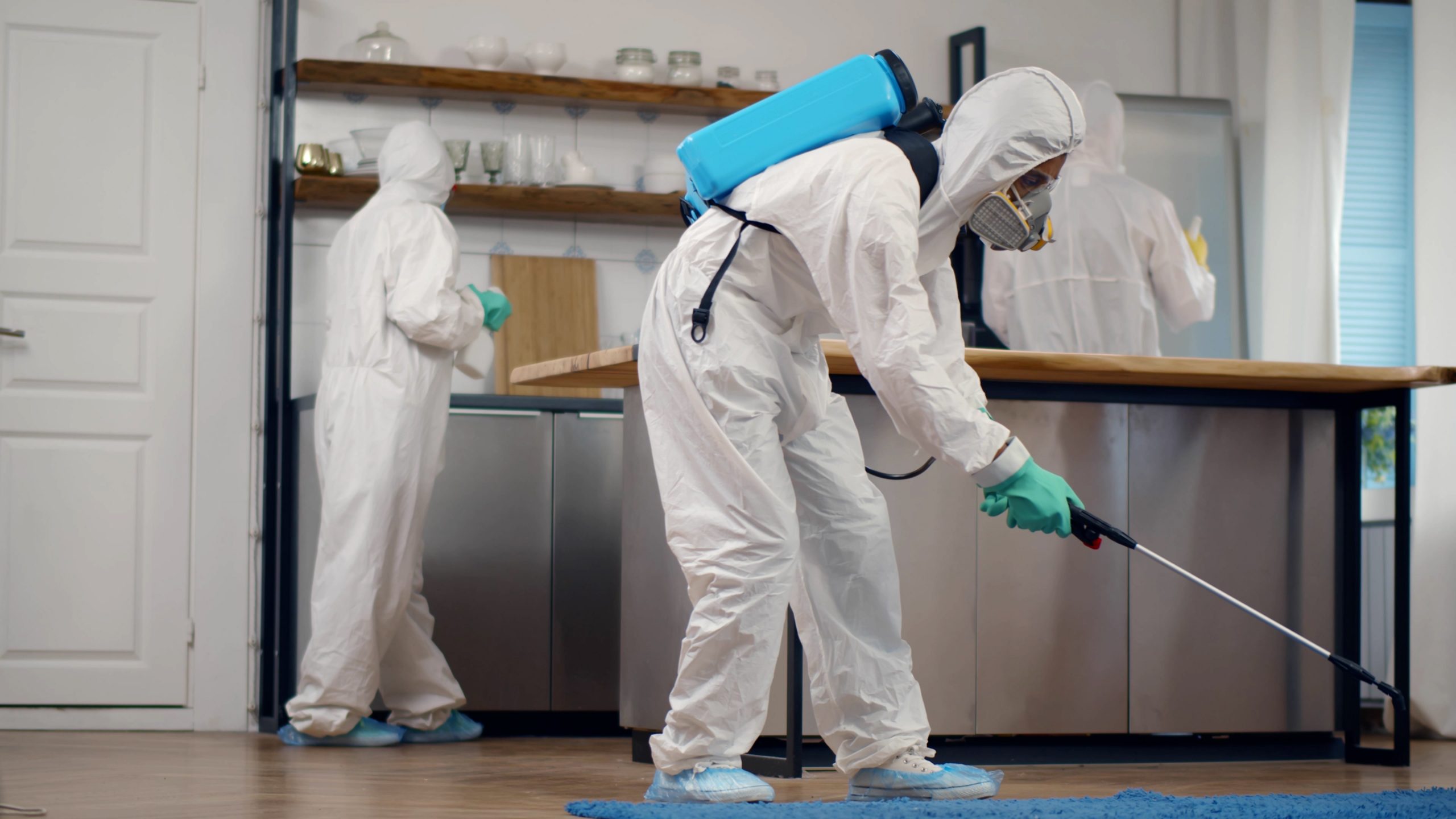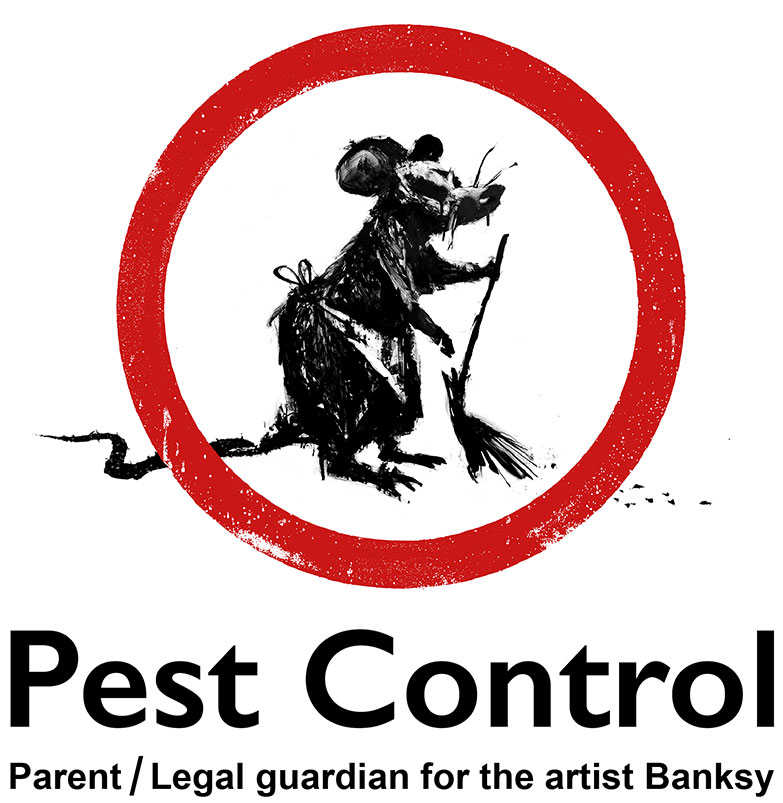Trusted Pest Control Homestead Specialists for Long-Term Results
Wiki Article
Discover the Secrets of Bug Control: Exactly How It Functions and Process Disclosed
Insect control is a careful practice that involves a deep understanding of insect behavior, tactical planning, and accurate implementation. From determining the source of infestations to executing tailored control actions, the process of parasite control is a mix of scientific research and technique targeted at maintaining an unified environment. The intricacies of this procedure typically stay veiled, shrouded in mystery. Unwinding the subtleties behind reliable pest control reveals a globe of organized techniques and thoroughly determined steps that are vital in combating and preventing pest-related concerns.Pest Actions Understanding
Recognizing the detailed habits of parasites is critical for reliable bug control management. The behavior of cockroaches, such as their preference for humid and dark environments, overviews pest control experts in establishing where to focus treatment efforts.By staying abreast of the newest research on parasite behavior, bug control professionals can continually fine-tune their techniques and stay in advance of developing bug populaces. Inevitably, a deep understanding of insect habits is a keystone of effective parasite control management.

Inspection and Recognition Techniques
Reliable pest control management relies greatly on careful assessment and exact identification methods to precisely assess infestations and create targeted eradication strategies. Inspection involves a comprehensive assessment of the building to determine the extent of the parasite issue, recognize the sort of bug present, and situate possible access points. This procedure may consist of visually inspecting common hiding spots, utilizing tracking tools such as traps or cams, and examining pest droppings or damages signs.Identification is a critical step that complies with inspection, as different parasites need details treatment approaches. Insect control specialists utilize their experience and expertise of parasite habits to identify the varieties existing properly. This may include checking out physical attributes, such as dimension, shade, and markings, along with studying the bug's routines and environments. In many cases, samples might be gathered for more evaluation in a research laboratory to validate the bug species.
Pest Control Steps Execution
Having actually diligently inspected and precisely recognized the insects existing, the next vital action is the execution of targeted bug control procedures to effectively remove the invasion. When the type of insect has actually been figured out, tailored strategies are used to address the certain risk. Usual pest control techniques consist of chemical therapies, organic controls, and physical barriers. Chemical therapies involve using pesticides to get rid of pests, while organic controls present all-natural killers to handle bug populaces. Physical obstacles such as sealing entrance factors or setting up catches are likewise efficient in stopping pests from spreading or entering within a home.Proper application of insect control procedures requires expertise to make sure the security of occupants and the environment. By employing targeted bug control procedures, invasions can be successfully eradicated, producing a healthier and pest-free environment.
Environmental Effect Factors To Consider
Careful assessment of the find more information potential environmental influence continue reading this is a vital element when applying parasite control actions. Bug control methods can have various impacts on the atmosphere, including non-target species being impacted, contamination of dirt and water sources, and interruption of the ecological community. It is important to think about these elements to reduce any negative repercussions on the environment.To alleviate environmental influences, integrated insect administration (IPM) methods are usually suggested. IPM concentrates on making use of a combination of strategies such as organic control, environment manipulation, and the targeted use chemicals as a last resource. Pest Control Homestead. By employing a holistic approach, IPM intends to manage pests efficiently while lessening harm to the environment

Ongoing Surveillance and Avoidance
Constant surveillance and prevention play pivotal roles look at this web-site in preserving reliable pest control strategies with time. Once initial parasite control steps have been executed, ongoing monitoring comes to be necessary to track insect task levels and ensure that the chosen approaches are working successfully. Regular inspections by skilled specialists enable for the early discovery of any kind of signs of pest resurgence, allowing quick action to be taken before the invasion intensifies.
Preventative procedures are equally important in maintaining a pest-free setting. Implementing methods such as securing entry points, maintaining cleanliness, correct waste management, and minimizing sources of food and water deny parasites of the fundamentals they need to thrive. By proactively addressing these variables, the possibility of a parasite invasion is significantly decreased.
Moreover, preventive steps add to the long-term success of insect control initiatives, lessening the requirement for responsive treatments and connected expenses. By including continuous tracking and prevention right into a detailed bug administration strategy, companies and people can properly safeguard their properties against unwanted trespassers.
Conclusion
Finally, insect control entails understanding insect habits, conducting thorough inspections, applying control procedures, thinking about ecological effects, and maintaining recurring monitoring and avoidance. By complying with these steps, parasite problems can be successfully handled and managed. It is important to take a positive strategy to pest control to protect both human wellness and the atmosphere.By remaining abreast of the most recent research study on insect habits, pest control experts can continually improve their techniques and stay in advance of evolving parasite populations.Having actually diligently inspected and properly recognized the pests existing, the next vital action is the application of targeted pest control procedures to efficiently remove the infestation.Furthermore, selecting environmentally friendly pest control items and techniques can substantially reduce the eco-friendly impact of pest management practices - Pest Control Homestead. As soon as initial parasite control actions have actually been carried out, recurring surveillance comes to be necessary to track insect activity degrees and guarantee that the selected techniques are working successfully.In verdict, parasite control entails understanding parasite habits, conducting detailed evaluations, implementing control procedures, thinking about environmental effects, and maintaining continuous tracking and avoidance
Report this wiki page